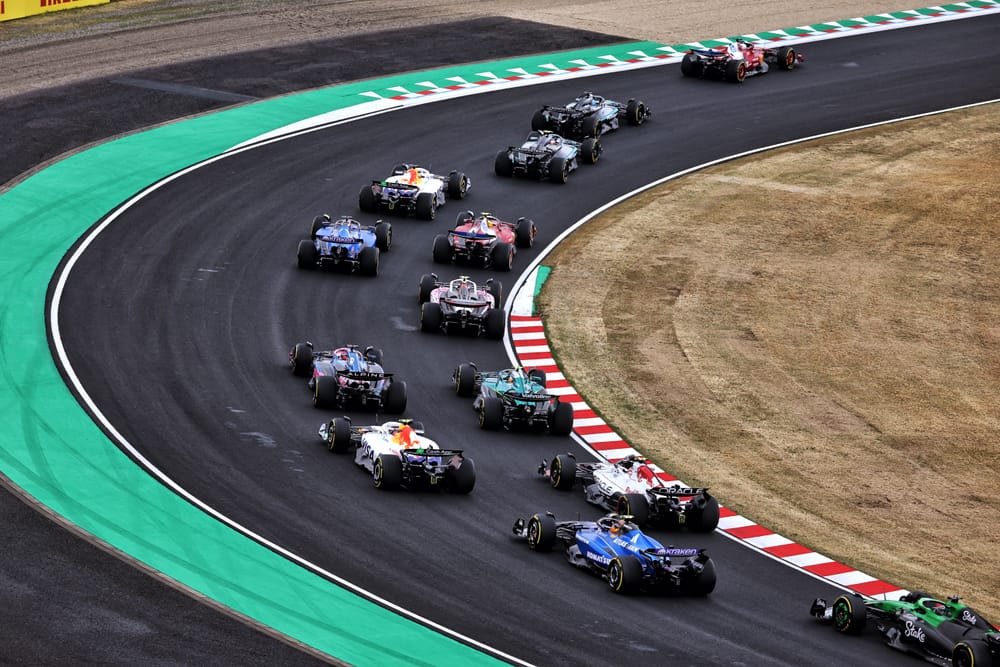Up Next

Five engine manufacturers will provide power units for the Formula 1's next rules cycle, which begins in 2026 and will run until the end of the 20230 season.
That's an increase of one compared to the current list of providers, with Audi and a Ford-supported Red Bull Powertrains programme joining Ferrari, Mercedes and Honda - somewhat off-setting the loss of Renault at the end of 2025.
Here's the complete list of the 10 existing teams and which supplier each is partnered with for 2026:
Red Bull - Red Bull Powertrains
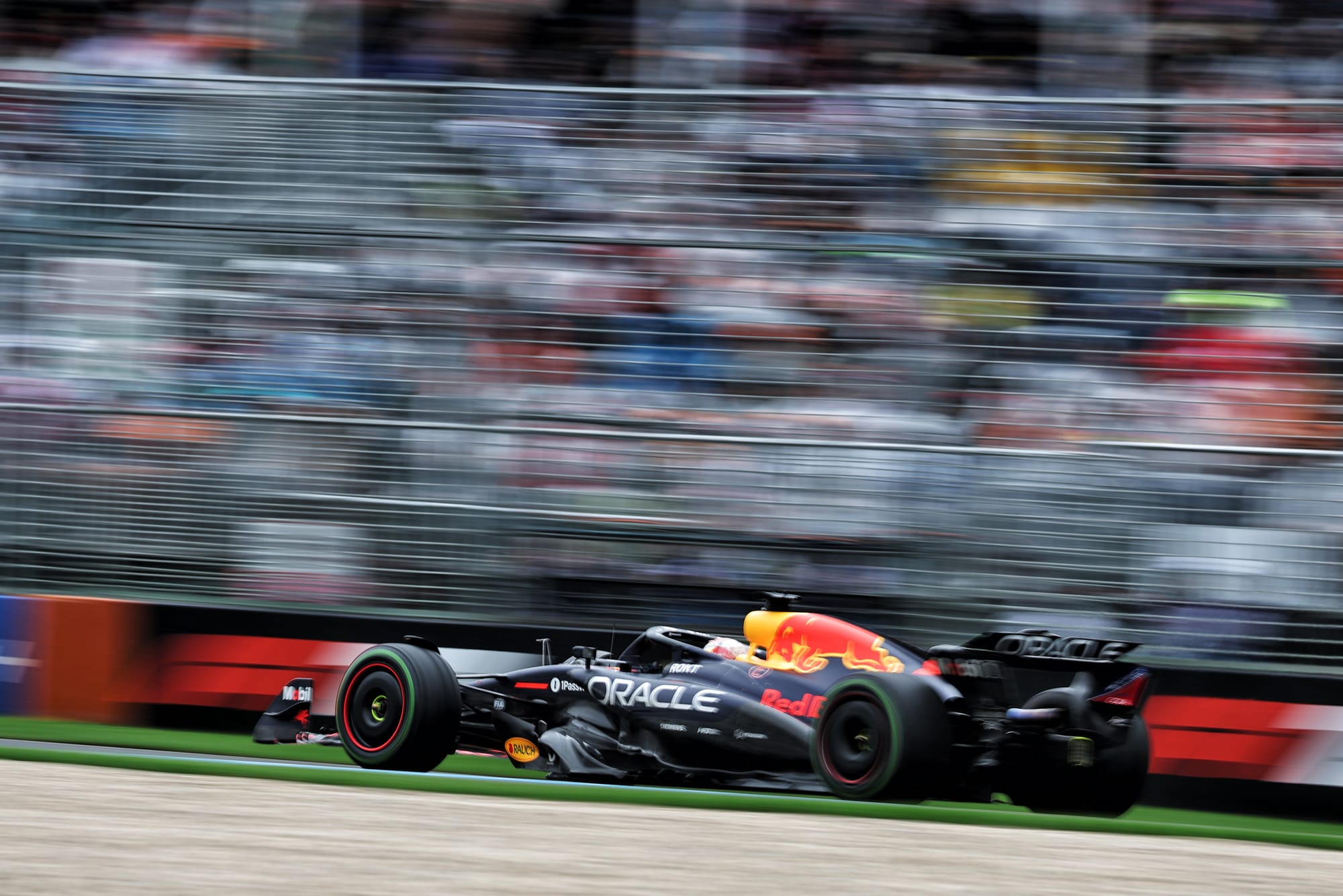
Red Bull was left in an awkward position when Honda announced its decision to leave F1 at the end of the 2021 season, one it has essentially rowed back from since, with a supply deal covering the 2022-25 seasons struck to help Red Bull work out a longer-term alternative.
The end result was for Red Bull to set up an in-house engine division, Red Bull Powertrains, with its own power unit set to debut in 2026. It has since drafted in Ford as a partner for that project.
Mercedes
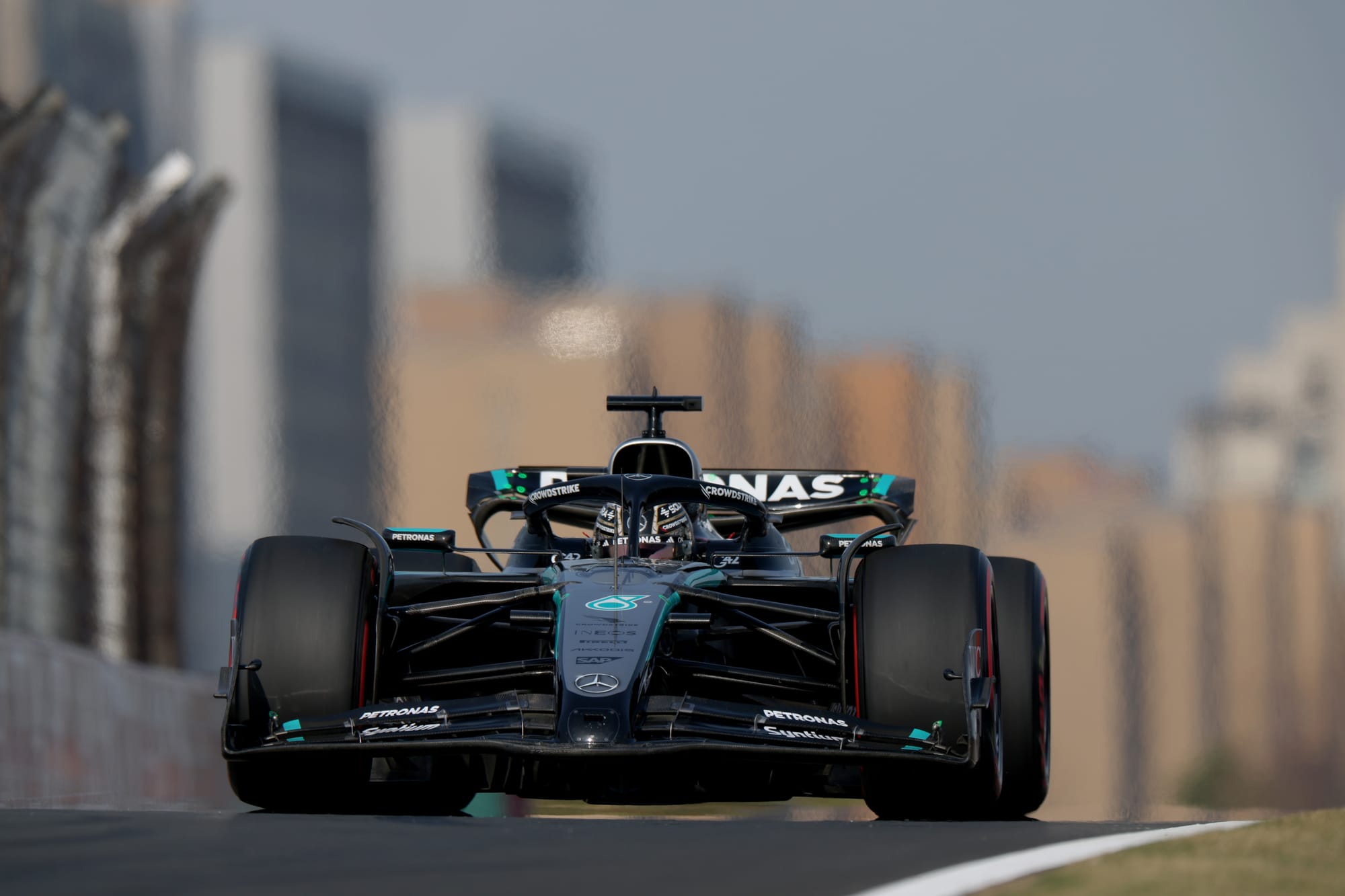
Mercedes' works team is officially split across two bases: its chassis facility is in Brackley, while the engine is produced by Mercedes-AMG High Performance Powertrains at Brixworth.
The Mercedes name has officially badged F1 engines since the 1994 season with Sauber, though it was involved the season before when the 'concept by Mercedes-Benz' slogan appeared on the 1993 Saubers as it had worked with the team and the British manufacturer Ilmor it bought into on that year's programme.
Ferrari
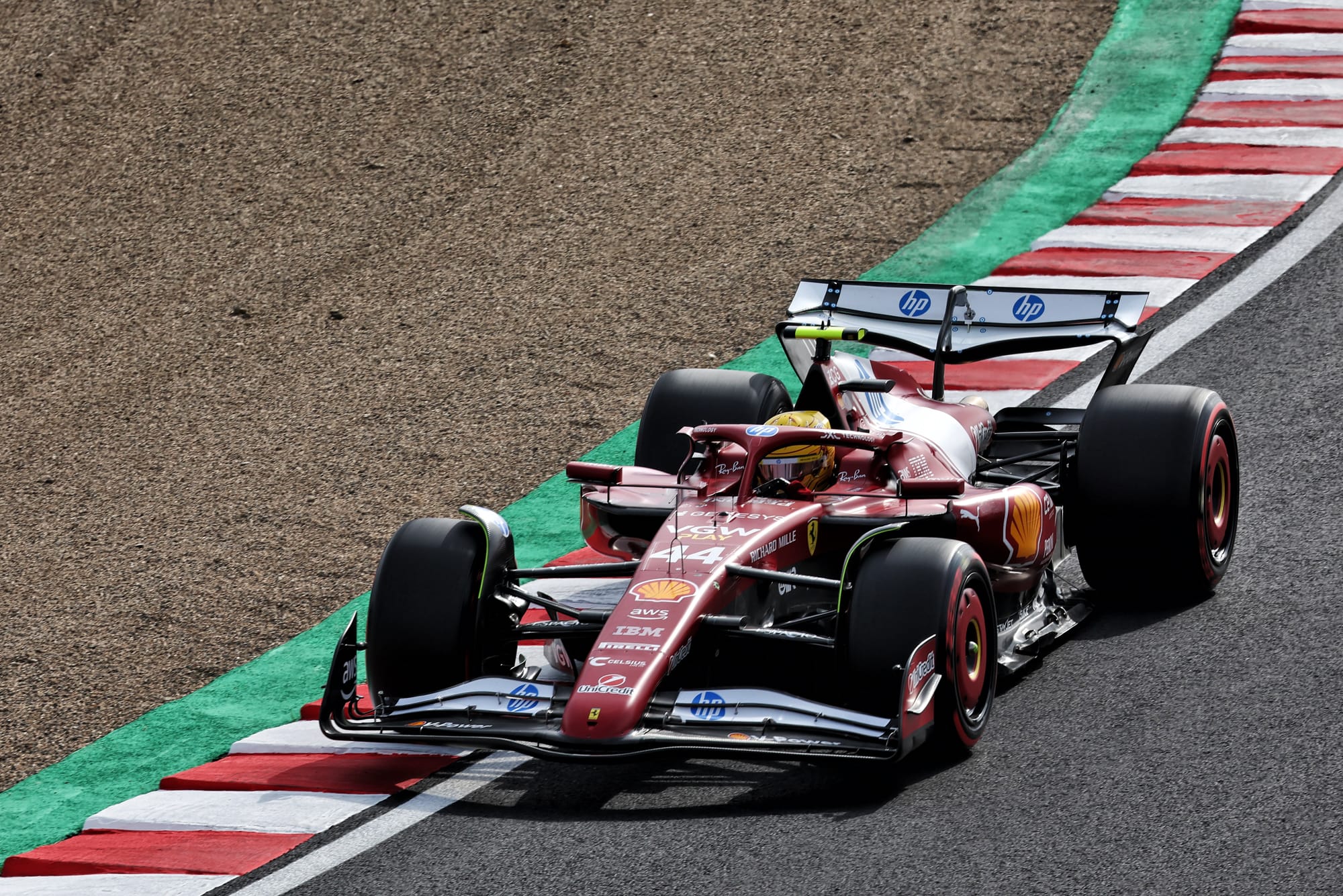
Arguably F1's only true works team, Ferrari has every part of its operation at its Maranello base - which also houses its road car division and World Endurance Championship Hypercar project.
McLaren - Mercedes
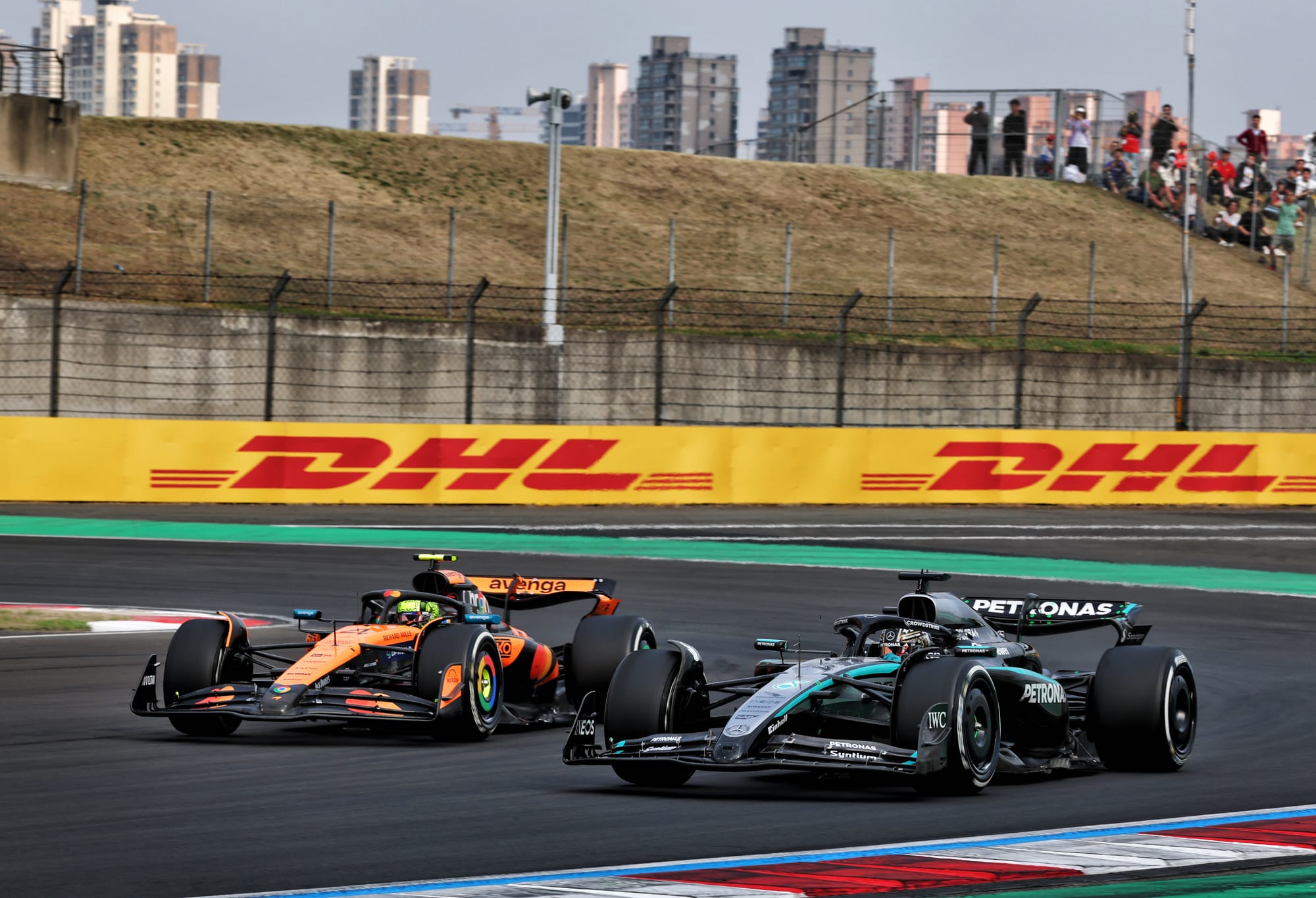
McLaren's second engine arrangement with Mercedes might be very different to the one that secured three drivers' titles and one constructors' championship during its years as an F1 powerhouse in the late 1990s and 2000s, but a reunion for 2021 has nevertheless coincided with the team's most competitive seasons during the turbo-hybrid era.
It announced an extension to that deal at the end of the 2023 season, which will mean McLaren uses Mercedes power units until at least the end of 2030.
Aston Martin - Honda
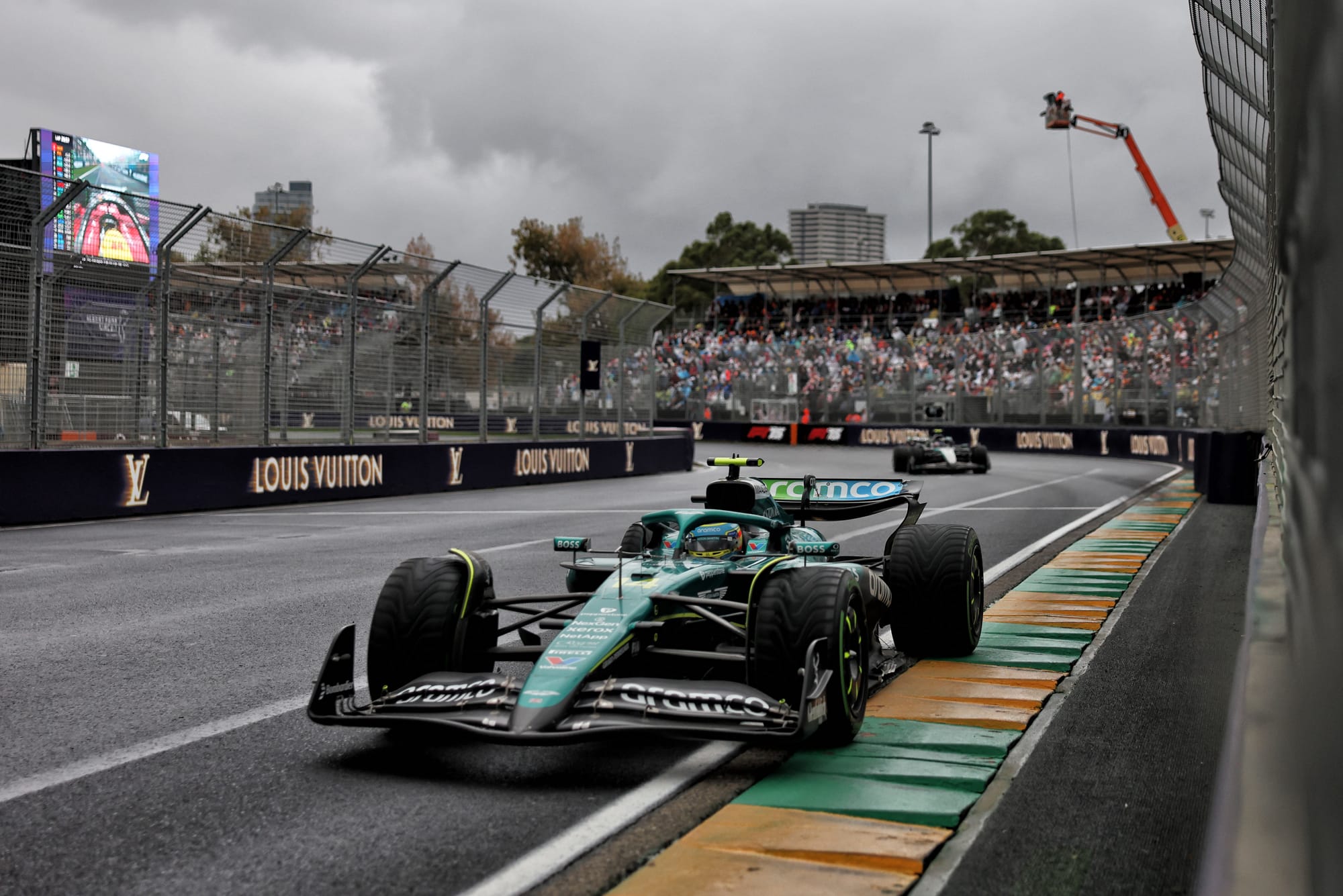
Despite announcing it would withdraw after the 2021 season, Honda has never really left F1. Red Bull has continued to use its engines under its Red Bull Powertrains banner since, with Honda effectively a supplying contractor, while Honda's name returned to the 'make of the engine' name for Red Bull and AlphaTauri for 2023.
It also registered as a manufacturer with the FIA for the next F1 engine regulations, and in May last year a programme giving Aston Martin (currently supplied by Mercedes) exclusive use of its 2026 engine was announced.
Alpine - Mercedes
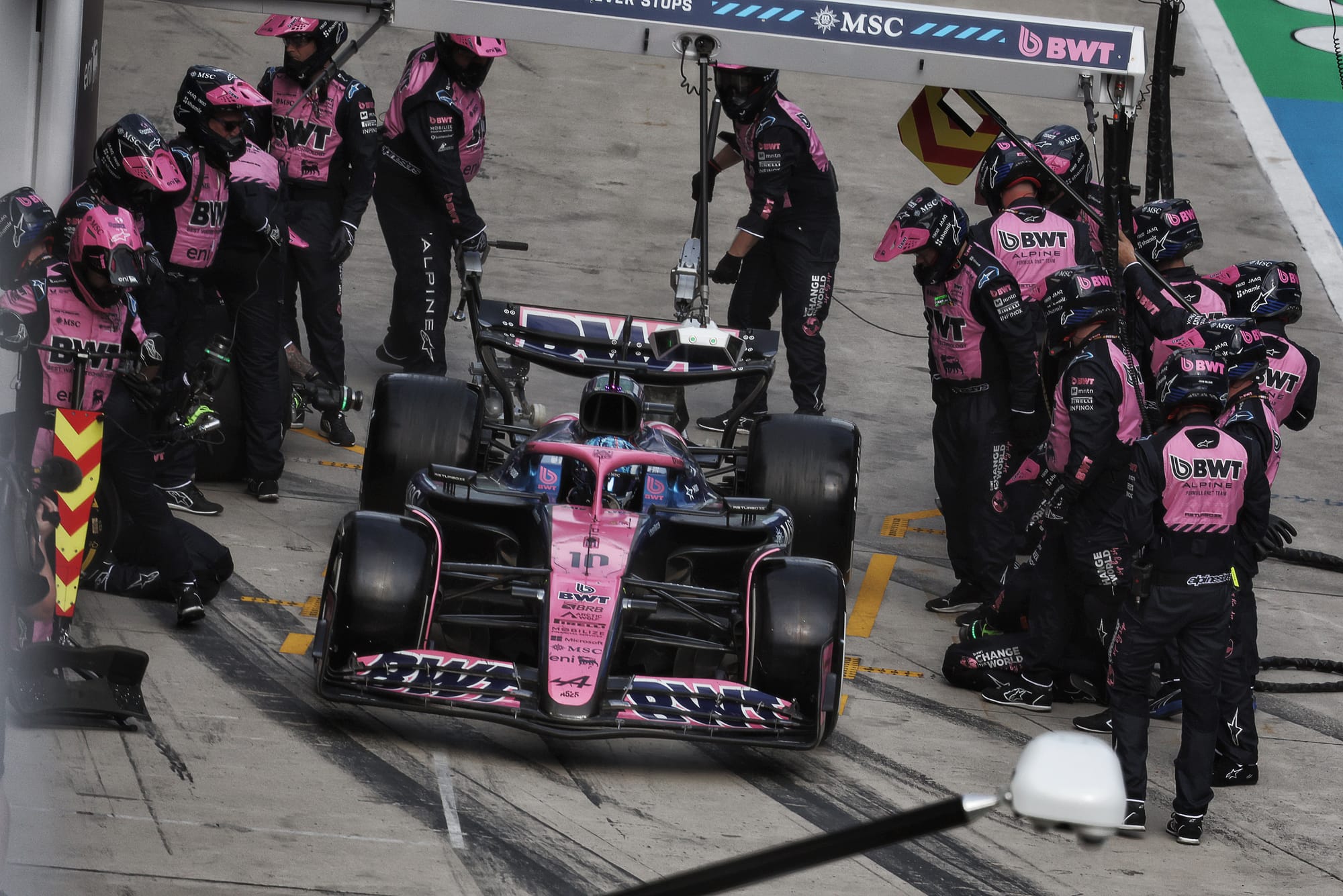
'Team Enstone' has already had the briefest of spells without Renault power - in the 2015 season it switched to Mercedes, before Renault bought the beleaguered squad back - but that was the one outlier since Benetton paired up with Renault for the 1995 season.
From 2026 it will make a far more permanent change as it has effectively shutdown its engine programme, instead taking Mercedes power.
Williams - Mercedes
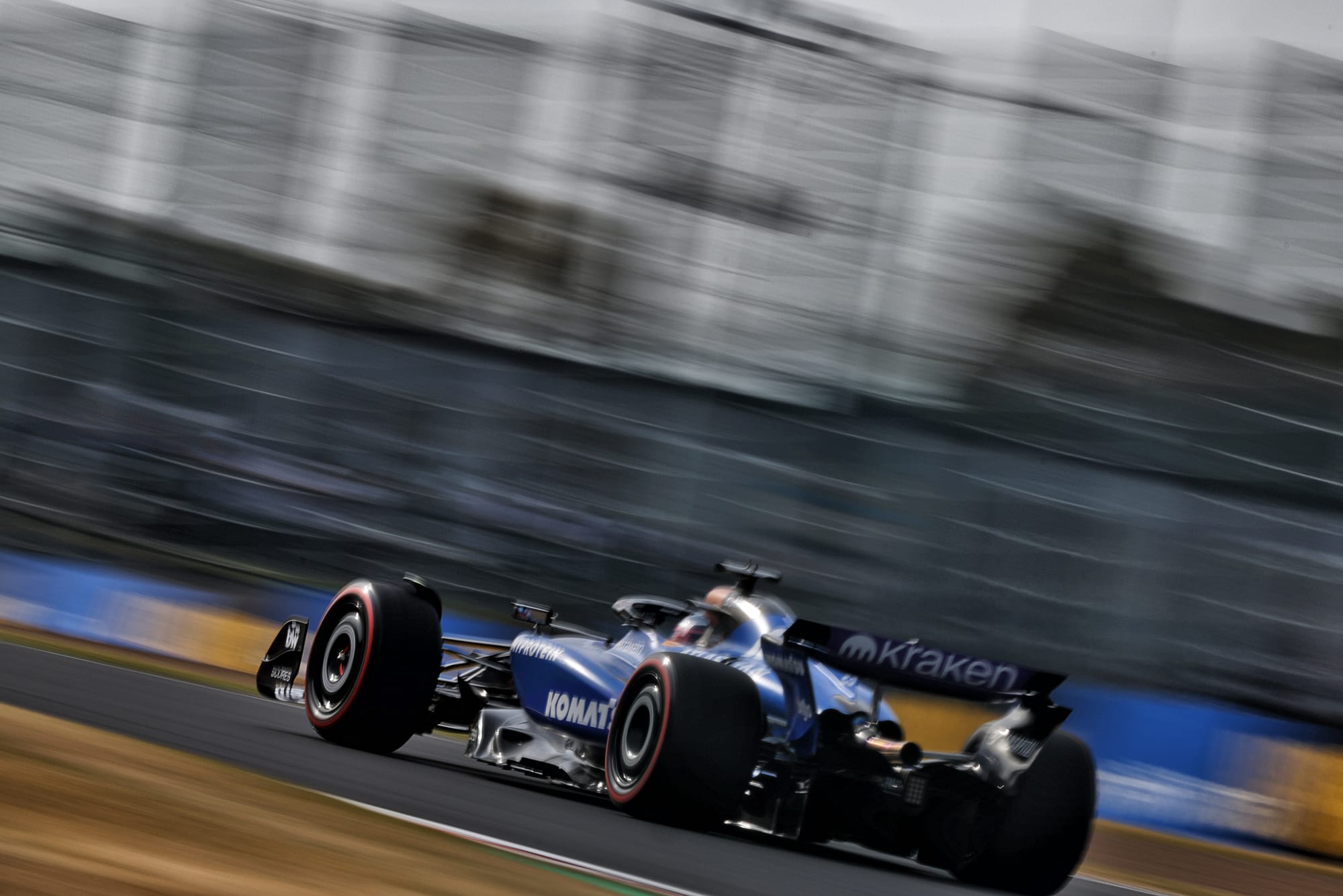
Williams announced on January 8 that it was extending its partnership with Mercedes into the 2026 rules cycle.
That relationship is Williams's longest continuous one with an engine manufacturer and began in 2014 at the start of the turbo-hybrid era, with Williams recording back-to-back third-place finishes in the constructors' championship in the first two seasons.
Racing Bulls - RBPT
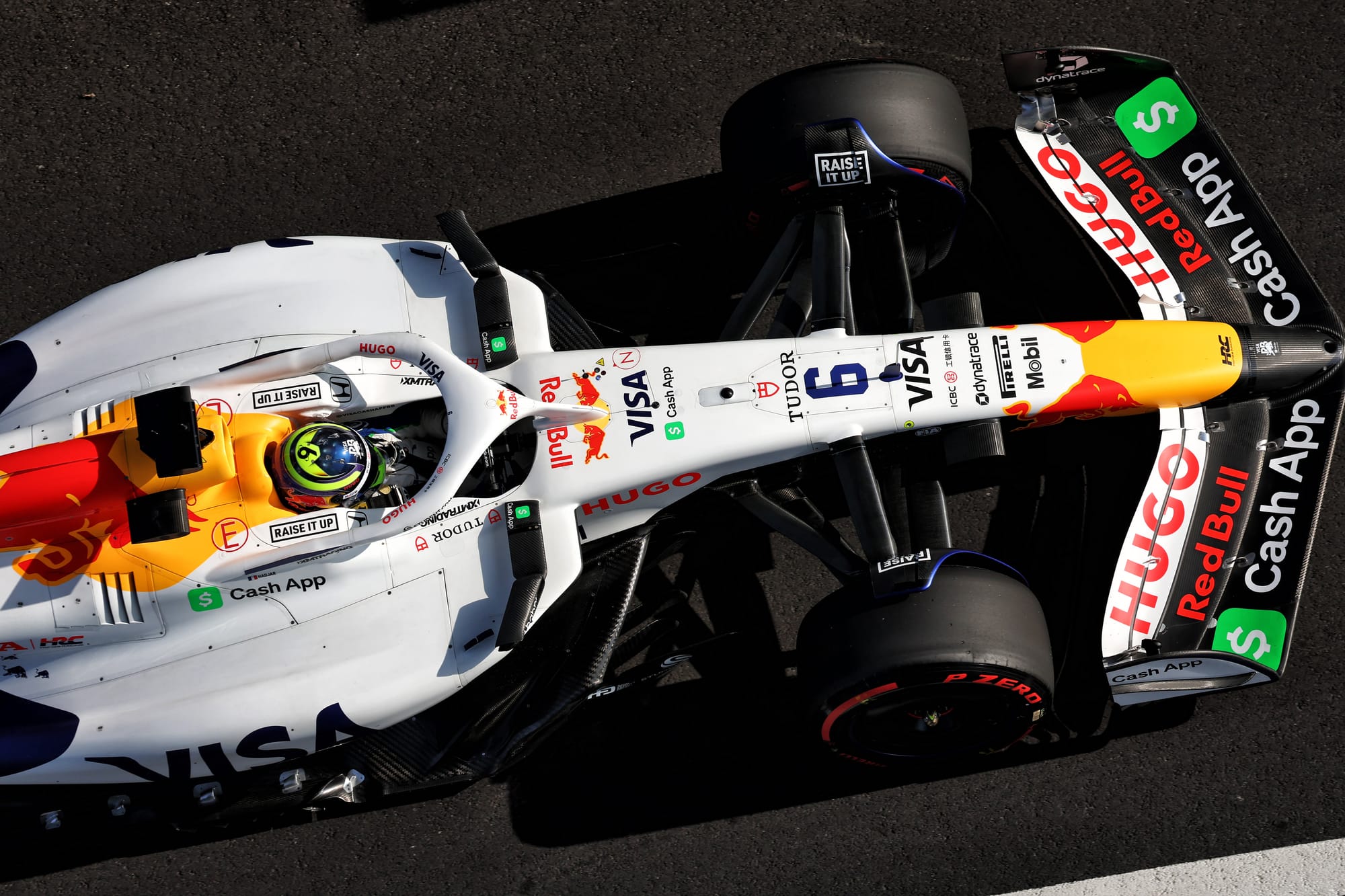
Red Bull's sister Racing Bulls squad will be supplied by the same Red Bull Powertrains-developed package used by the senior team from 2026.
Audi
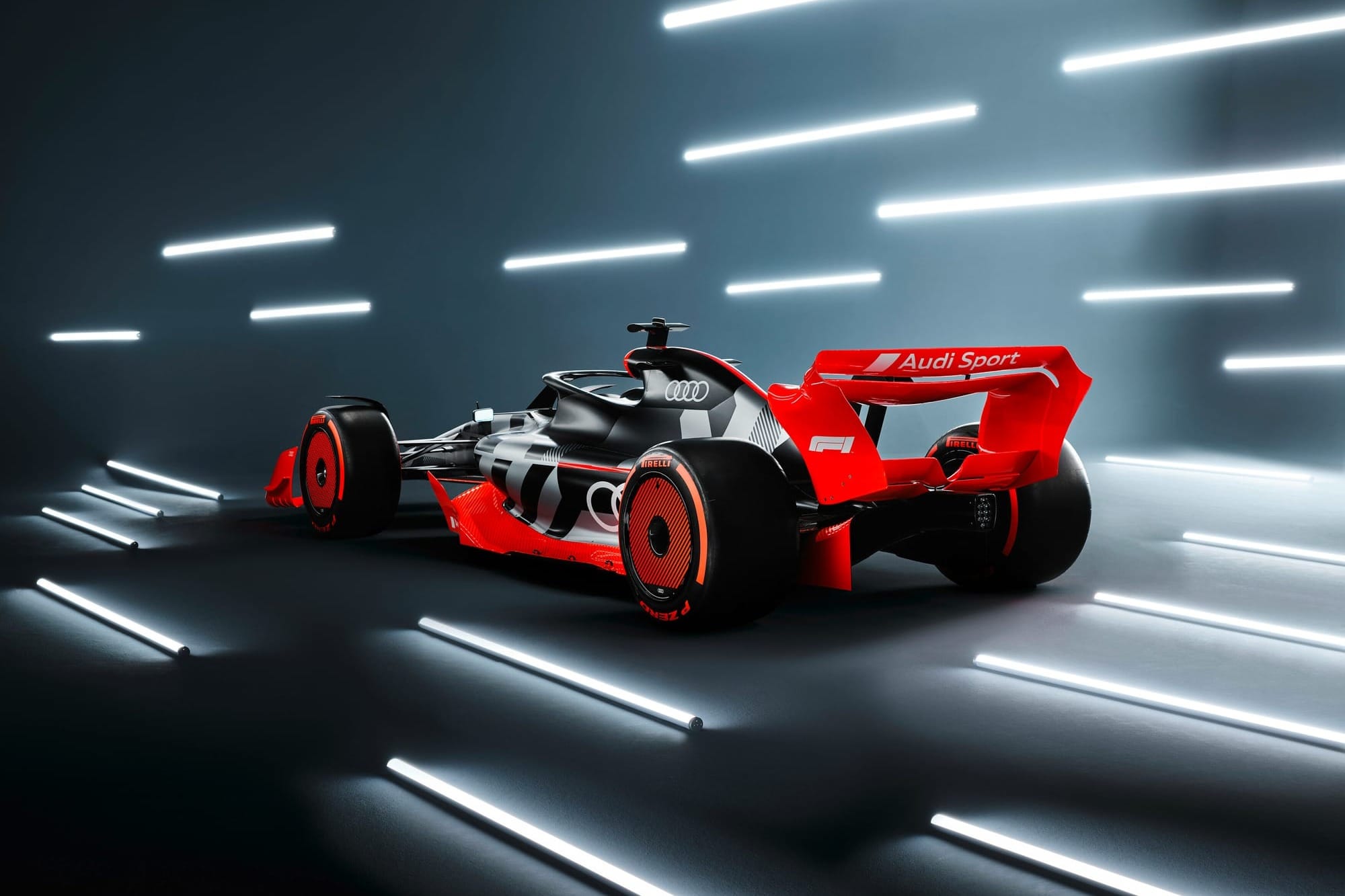
Audi is joining F1 for the first time in 2026 and is currently building up its preparations for that programme, which involves a majority takeover of the Sauber squad that for the next two seasons will be known as the Stake F1 team.
It has set itself the ambitious target of being in a position to fight for wins in its first three years in the championship with its own power unit, which is being developed at its Neuburg facility in Germany.
Haas - Ferrari
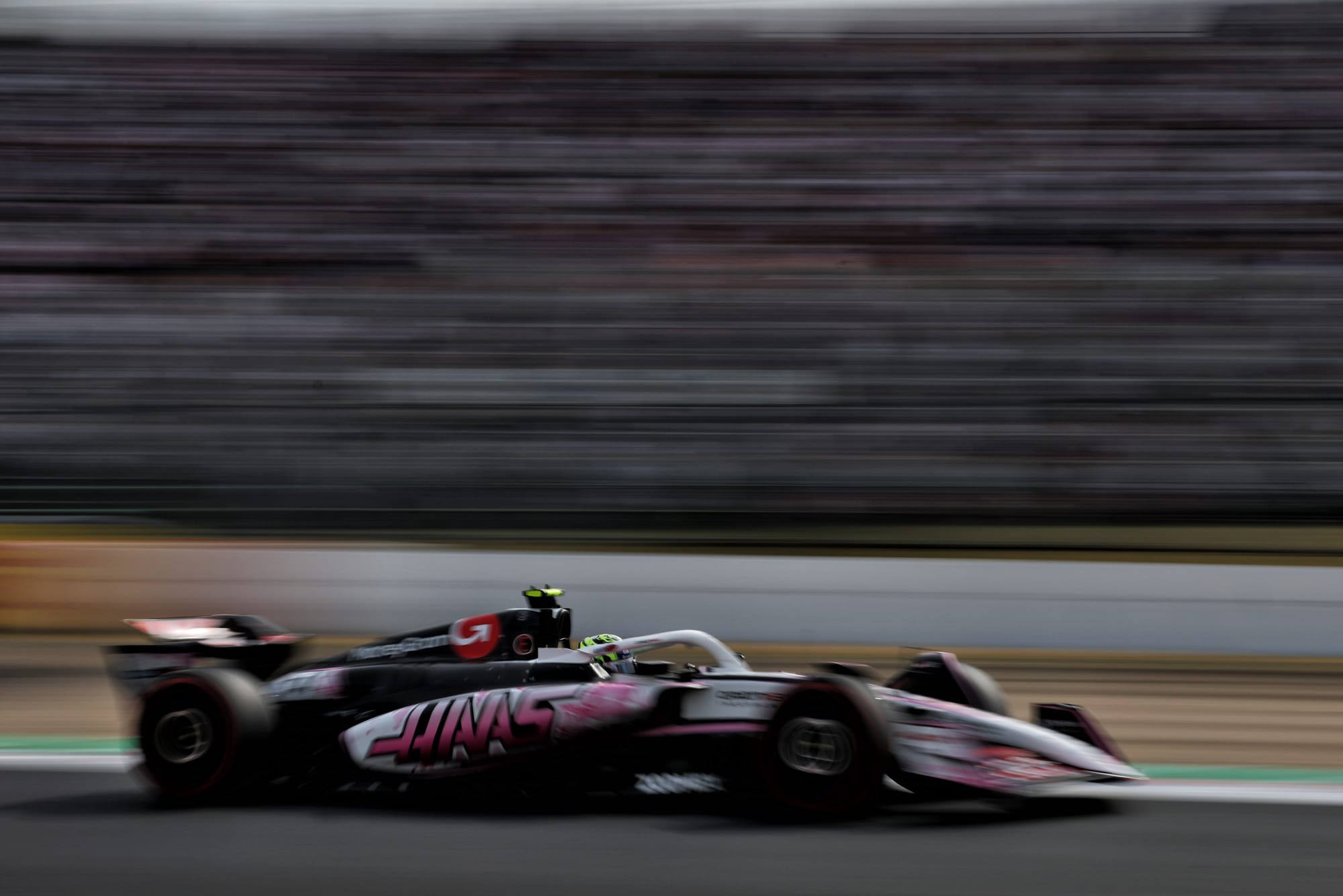
Haas announced a new deal with Ferrari - which it has used since it entered F1 in 2016 - on July 16, extending the deal through the end of 2028.
Team boss Ayao Komatsu said the "continued stability" the deal provides will be crucial entering the new rules era.
Cadillac - Ferrari
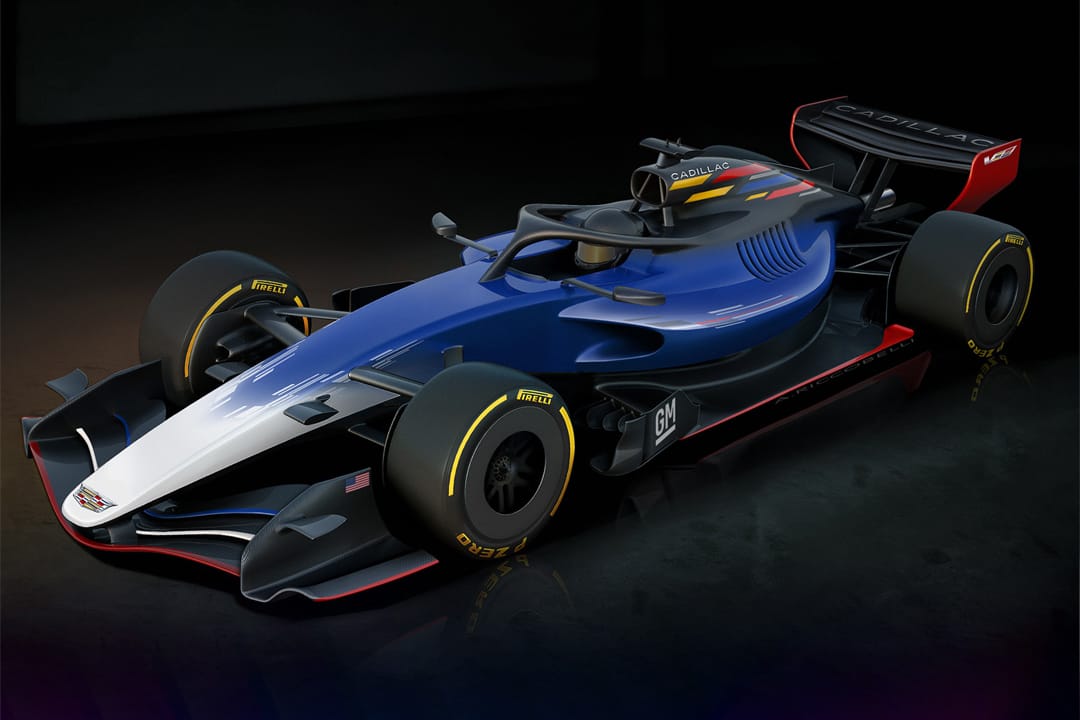
F1's first new team in more than a decade will be powered by Ferrari engines when it joins the grid for 2026.
What was originally an Andretti-fronted bid to join F1 eventually received primary approval for 2026 under the Cadillac Formula 1 banner (with no outright mention of Andretti, though it remains operationally crucial to the programme under its parent company TWG Global).
No engine partner was named at the time of its approval, but Ferrari communicated in December 2024 that it would supply the team's engine and gearbox from 2026 - subject to the team receiving final approval to join the grid.
Further down the line, a works engine project is planned for the Cadillac team through the brand's parent company General Motors. This was initially set to be from 2028 but 2029 now appears to be the target.


